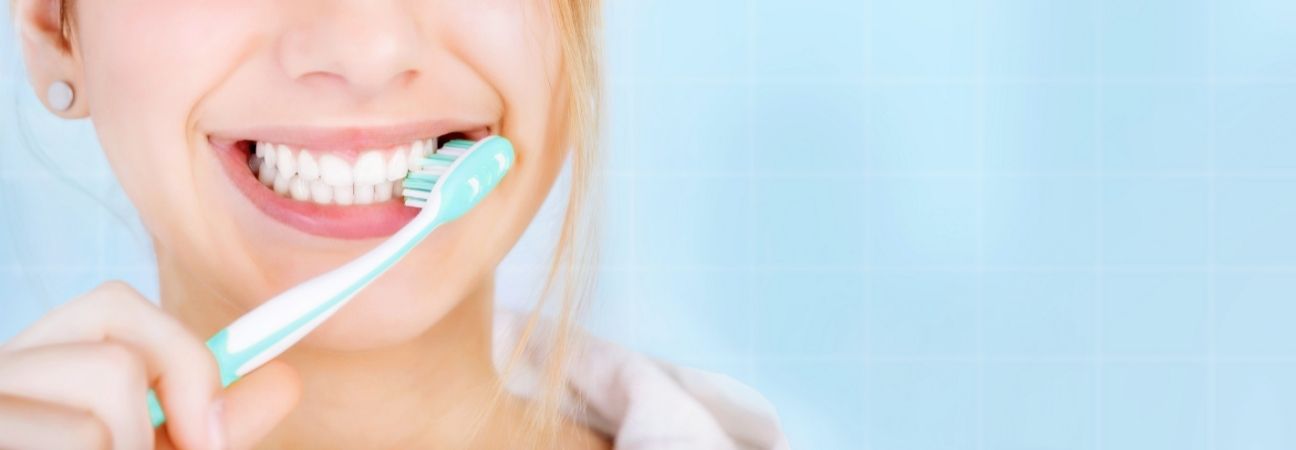Watching your child develop is a wonderfully exciting time, and we all want to give our kids a great start in life. It’s both encouraging and sobering to know that your choices now can affect your child’s health for life, which is why it’s important to know what to expect with baby teeth. Finding quality pediatric dentistry in Knightdale for your child is crucial for your child’s future dental health.
Good Health Begins With Teeth
Our oral health is like a gateway into our overall health, which is true for kids and adults. The human mouth contains bacteria that can get into the digestive and respiratory tract, causing disease.
Good brushing and flossing protect your child from gum disease and tooth decay: but these habits also safeguard their overall health.
Even Baby Teeth Need Dental Care
Some people mistakenly believe that kids don’t need dental care until their permanent teeth erupt. Yes, they will eventually replace your child’s baby teeth, but they are critical to your child’s health and welfare.
Baby teeth enable your child to smile, speak correctly, and chew their food. And the space made by baby teeth helps the mouth form properly to allow adult teeth to come in properly.
Pediatric Dentistry
It’s crucial that your child visits the dentist early in life, and the best time is after you see the first tooth erupt. Regular dental visits will teach you and your child how to care for teeth, help prevent cavities, and alert you to any dietary problems that are causing dental issues. They may even help you avoid expensive dental work down the line by addressing issues while they are still small.
At-Home Care
Any tooth can decay, and baby teeth have less enamel and are therefore more at risk of decay than adult teeth. Brushing should begin as soon as the teeth erupt. Brush and floss your child’s teeth twice a day.
Let them help and teach them how to do it as they get older. If they learn to floss while they have only a few, more widely-spaced teeth, they’ll have fewer issues flossing their permanent teeth once those come in.
A Good Diet Is Crucial
Sugar is the worst thing for teeth, yet nearly all foods have sugar: even fruits, vegetables, and milk. That said, some foods and drinks are harder on the teeth than others.
Children should rarely eat sticky fruit snacks and candies, sugary sodas and juices, or sour candies with ascorbic acid. Always choose foods low in sugar, encourage your children to drink water, and choose something other than sweets for snacks and meals.
Find a Partner in Pediatric Dentistry in Knightdale
You don’t have to care for your child’s teeth alone. At Wilson Pediatric Dentistry, Dr. Jasmine Elmore has dedicated her career to helping children achieve excellent dental health so they can thrive for a lifetime. Visit us at Wilson Pediatric Dentistry today to schedule an appointment and get your child on the road toward good health.
